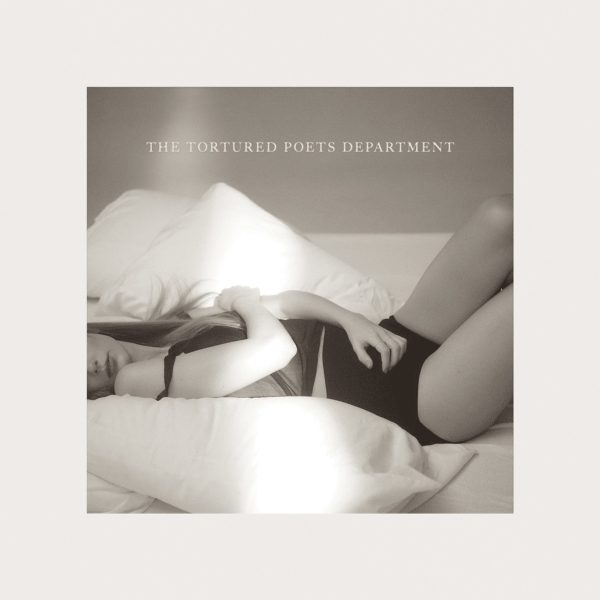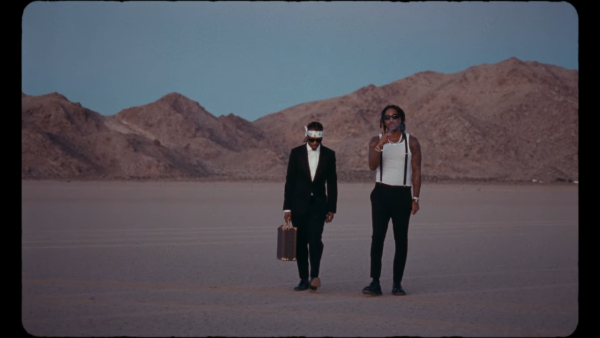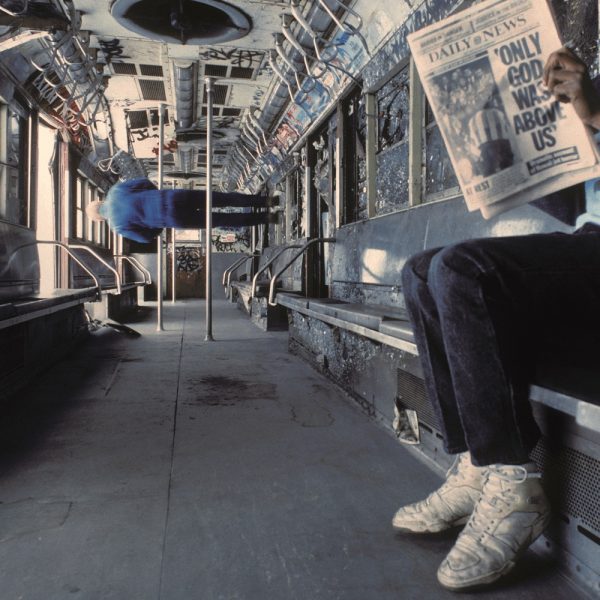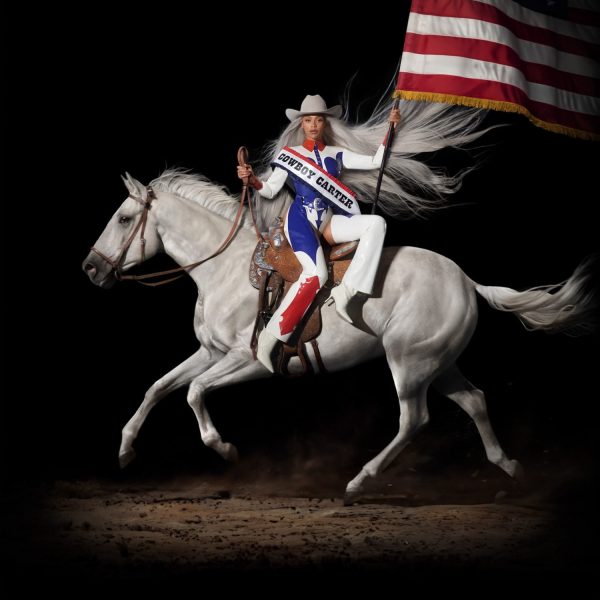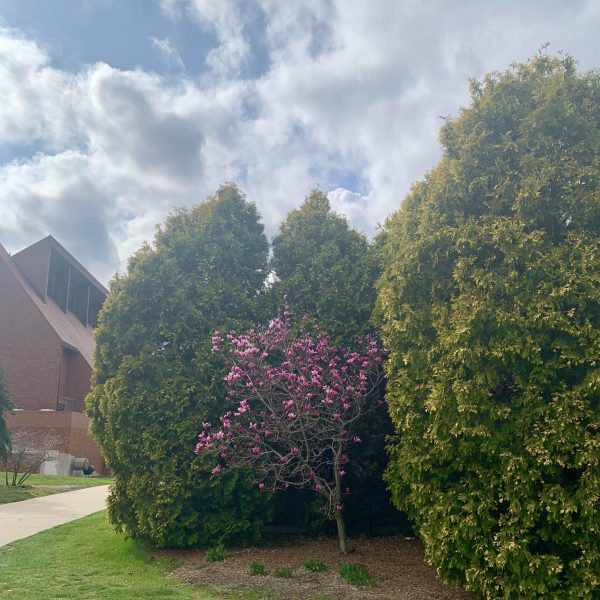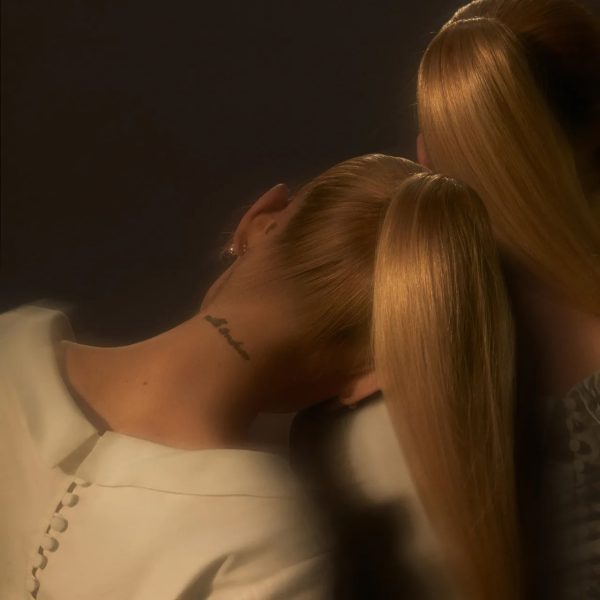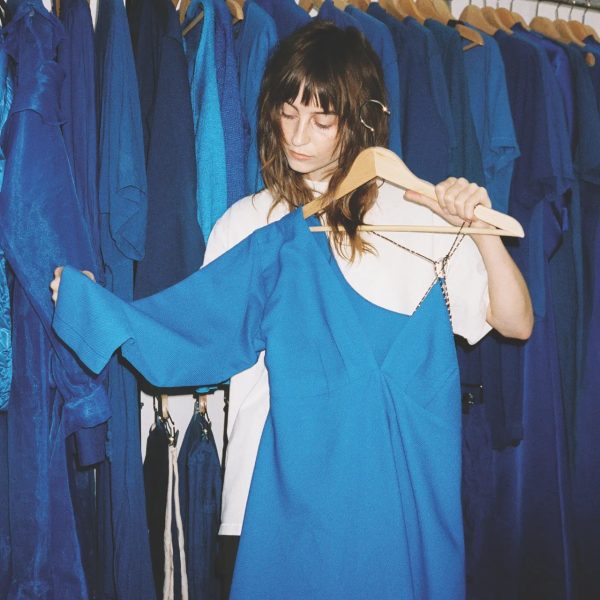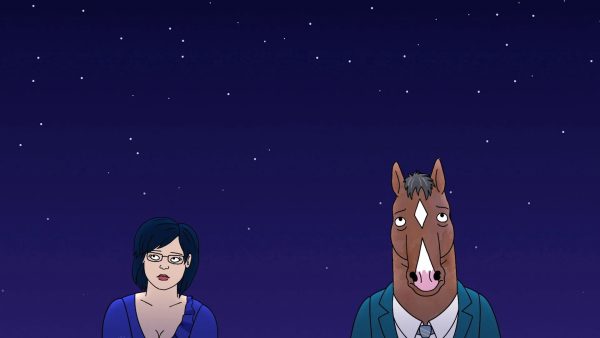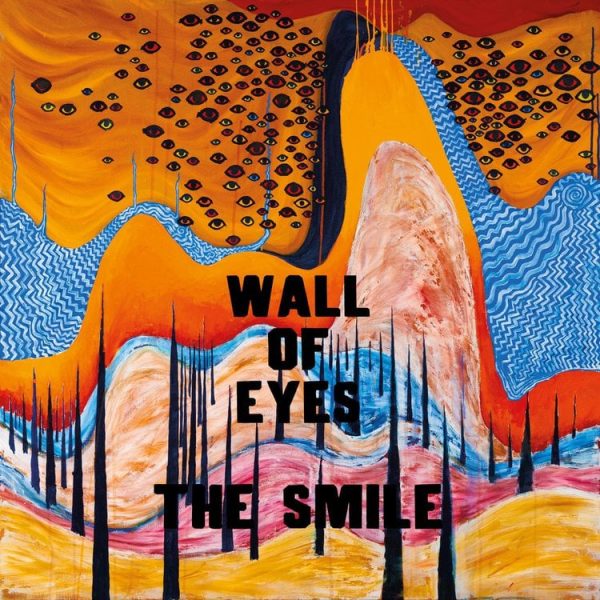White Privilege I & II: Why We Need To Continue a Conversation Some People Refuse To Start
Hi, I’m white! Well, not only is that not quite true, but quite frankly, it ought to be irrelevant. But I look white, and unfortunately, that makes all the difference. You see, in America, there persists a measurable and tangible pattern that can be boiled down to a single sentence. People who look white are treated differently, i.e., better than people who do not look white. This is not a “where’re” treated differently or a “we have often been” treated differently as this is a present-tense problem currently plaguing society.
Of course, I don’t mean you! You’re definitely not racist! You’re not a Donald Trump supporter, you’ve never tried to join the KKK, and you’ve never even said a racial slur. You’ve been respectfully sorrowful during history classes on slavery, maybe you attend Black History month events and or did a report on Dr. Martin Luther King Jr. back in high school, or possibly voted for President Obama. Thus, we can conclude that you are probably not racist, and if you are, then you probably keep it to yourself.
Next issue: If you’re not racist, what are you? In early 2016, Macklemore released a track entitled “White Privilege II”. There were two major responses, the first camp composed of people who believe white privilege to be a myth, the second camp asking, “Wait, is there a White Privilege I”? To answer the second first, in 2005 Macklemore released a track called, you guessed it, “White Privilege”. This was years before he hit the charts with toe-tappers about thrift stores and gay people, thus the song flew under the radar until its sequel was released.
If you happen to believe that white privilege is a myth, or you’re not sure if it’s relevant in this day and age, Macklemore provides some useful examples on how he, a white rapper, benefits from white privilege.
“Now I don’t rap about guns, so they label me conscious
But I don’t rap about guns cause I wasn’t forced into the projects”
“See I was put in the position where I could choose my options
Blessed with the privilege that my parents could send me to college
Now who’s going to shows, the kids on the block starving?
Or the white people with dough that can relate to my content?”
“And I speak freely when I write this
If a black emcee examined race, there goes half their fan base, white kids”
“Hip–hop started off on a block that I‘ve never been to
To counteract a struggle that I’ve never even been through”
White privilege is not participating in ‘race issues’ because they believe it doesn’t affect them. Even if you do not actively partake in oppression, you to continue to benefit from it, whether you want to or not. If you stay silent, and thus, not working towards a solution, then the system is perpetuated. So, if you’re not racist, what are you?
“It seems like we’re more concerned with being called racist
Than we actually are with racism
I’ve heard that silences are action and God knows that I’ve been passive
What if I actually read an article, actually had a dialogue
Actually looked at myself, actually got involved?”
“We take all we want from black culture, but will we show up for black lives?”
“You speak about equality, but do you really mean it?
Are you marching for freedom, or when it’s convenient?”
It is not enough, to not be racist. You’re either an activist or you’re a part of the problem.
Macklemore states within the tracks that his goal is partially to make people uncomfortable. He wants white parents to sit down with their children and have the talks black parents have to give their kids every day. He wants his fans to become more conscious of the nature of the hip-hop industry. Most importantly, he shares with us his inner dialogue, the complex position of a beneficiary of oppression simultaneously aiding and profiting from the oppressed. By doing so, he invites those who struggle with their white privilege to continue to be active, to be themselves, and to be aware that they stand on an establishment built at the expense of others.
Look, I know you’re not racist, but we need to become more than what we are not. So take some time, sit down, and read up on Black Lives Matter. Attend a Black Student Union meeting. Ask your friends about times when they’ve faced racism, when they’ve benefited from white privilege. It’s not enough to not be racist. Choose to be informed, be vocal, be active, become a part of the solution.

